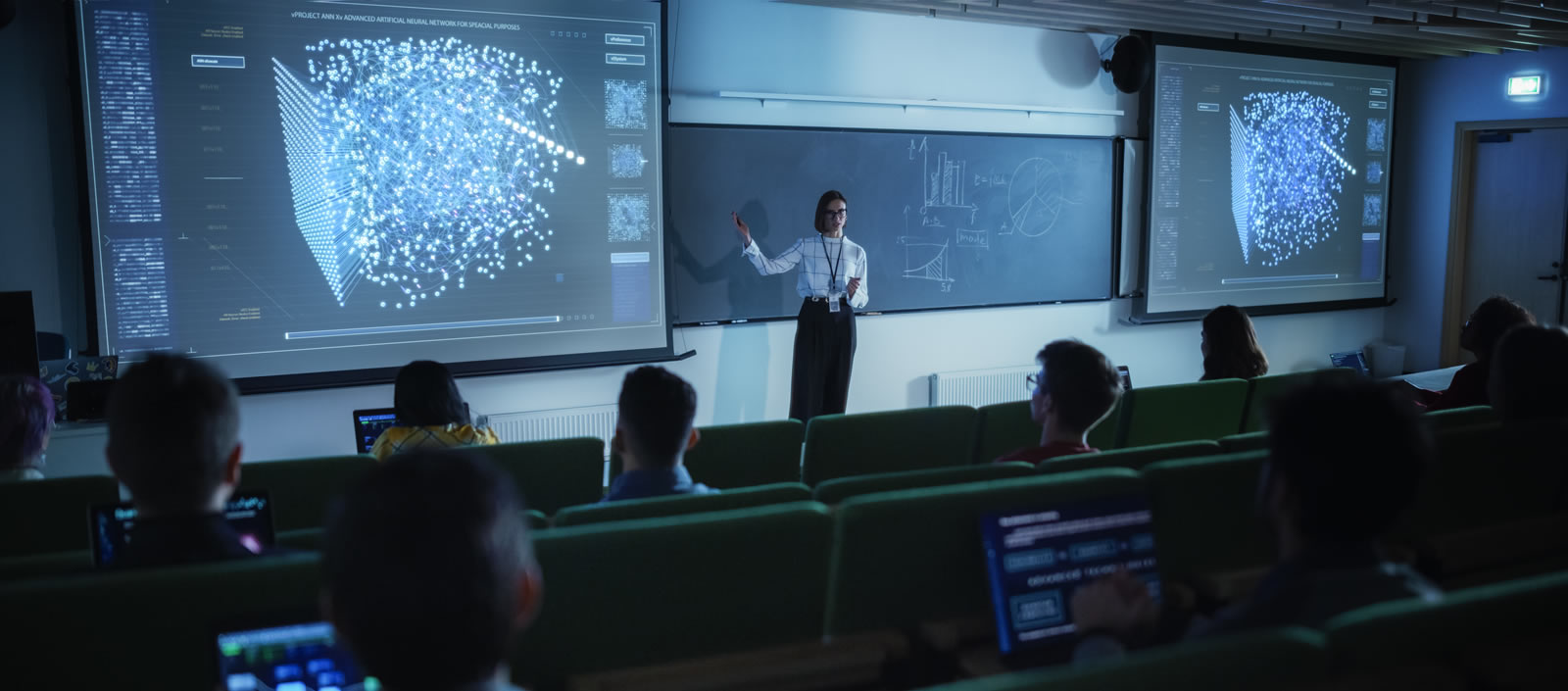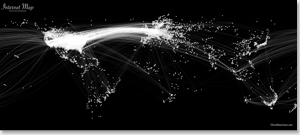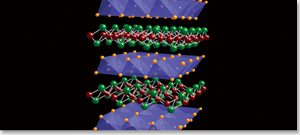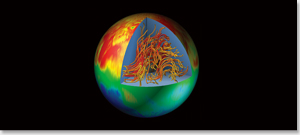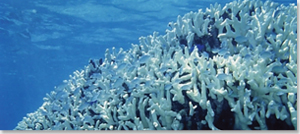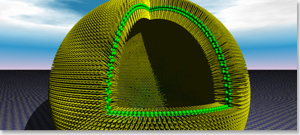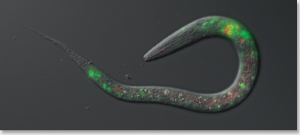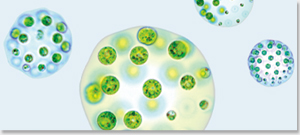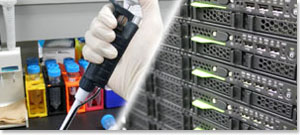Mathematics is an abstract discipline, but one that has universality and general versatility. By offering small-group studies and research that help the students both widen their understanding of the main trends of modern mathematics and prepare them for later research in pure mathematics or related fields, the Department fosters students who will use their education in mathematics to continue pursuing an academic career or play an active role in various other fields and areas of society.
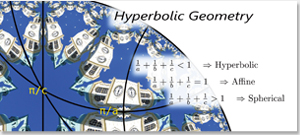
overview


